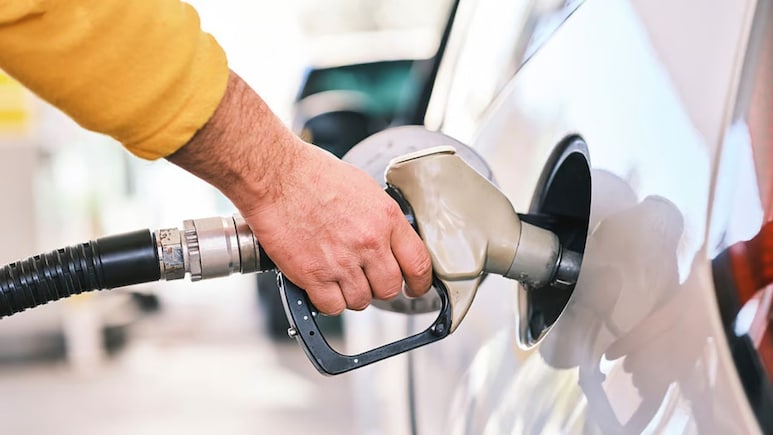
The Government of India allowed the use of E20 fuel in India in 2023. With this, the government claimed that the ethanol-blended petrol would significantly reduce CO2 emissions and enhance engine performance. However, recently, social media was flooded with discussions where car users claimed the E20 fuel usage had dropped their cars' mileage. While India has recorded the E20 fuel target about five years ahead of schedule, a few concerns need to be addressed.
Sudden Drop Of Fuel Mileage Of Volkswagen Vento From 10 KMPL To Direct 6KMPL
— Pramod Joshi (@hey_i_m_pramod) August 5, 2025
Recently Fuelled Petrol at @HPCL
E20 is the reason 🫡@nitin_gadkari @PMOIndia
Thoughts on this ? @volklub pic.twitter.com/AlRQC64a4T
Recently, we came across an X post by Pramod Joshi that reads- "Sudden Drop Of Fuel Mileage Of Volkswagen Vento From 10 KMPL To Direct 6KMPL." He also mentioned that earlier, his Vento had never delivered an efficiency less than 8 km/h. However, after he topped his car with E20 fuel, the efficiency dropped to 6.3 kmpl.
Another user, by the name of kapsology, stated, "No other country in the world is forcing E20 petrol on vehicles that are non-compliant or only E10-compliant, except India. E20 petrol reduces mileage and can damage engines, ultimately shortening the lifespan of vehicles. This man is targeting the Indian middle class."
📑Some articles/ reports in the media have raised concerns about the potential negative impact of 20% ethanol blending (E20) in petrol, particularly with regard to older vehicles and customer experience. These concerns, however, are largely unfounded and not supported by…
— Ministry of Petroleum and Natural Gas #MoPNG (@PetroleumMin) August 4, 2025
However, the Ministry of Petroleum and Natural Gas has also issued its official statement via X post, suggesting that the media reports are not supported by scientific evidence or expert analysis. In the same X post, the ministry highlighted that usage of the E20 fuel may lead to a decrease in mileage by 1-2 percent in four-wheelers and 3-6 percent in other vehicles.
The government also addressed the concerns by claiming that the drop in fuel efficiency is drastic and suggested that E20 users complaining about the issue must use E20-compatible material and replace older rubber components after 20,000-30,000 km.
Highlighting the advantages of the E20 fuel, the ministry stated- Ethanol has a higher octane number than Petrol (108.5 vs. 84.4), which implies that ethanol-petrol blends have a higher octane number than traditional petrol. Therefore, the use of ethanol becomes a partial alternative for providing high-octane fuels (95), required for modern high-compression ratio engines, providing a better ride quality. Vehicles tuned for E20 (having increased RON) deliver even higher performance. Ethanol is also characterized by having a higher heat of vaporization than petrol. This aspect makes the temperature of the intake manifold lower, which increases air-fuel mixture density, therefore increasing the engine's volumetric efficiency.
Track Latest News Live on NDTV.com and get news updates from India and around the world
